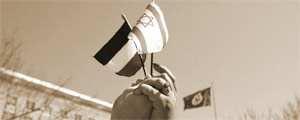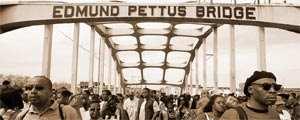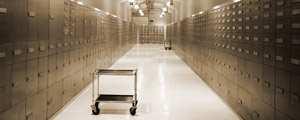澳门六合彩官方网址's very first polling on the subject of cancer occurred in 1939 with the question, "Do you think cancer is contagious?" Twenty percent of U.S. adults said "yes" and 59% "no," while another sizable segment -- 21% -- were unsure. Over the next decade, the percentage of Americans denying that cancer was contagious increased, but only to 66%.

During this period, 澳门六合彩官方网址 polled frequently about cancer, probing Americans' beliefs about its causes as well as support for public funding of cancer research. And if the questions themselves reflect the mood of the times, the subject was evidently awkward or even taboo for a portion of the population. For instance, in 1949 澳门六合彩官方网址 asked, "If someone in your family died of cancer, would you mind if the newspaper said that was the cause of death?" Twenty percent said they would.
Dr. 澳门六合彩官方网址's commitment to helping raise public awareness about cancer is evident in an April 7, 1940, 澳门六合彩官方网址 news article in which he wrote, "For years the American medical profession and public health authorities have been trying to educate the American public against the old defeatist attitude toward cancer -- to persuade them that cancer can be cured if detected in time, and to rid them of false notions and quackery on the subject."
Ten years later, Dr. 澳门六合彩官方网址 reported that the percentage of Americans able to name at least one major symptom of cancer had increased to 54% from 38%, praising "the great progress made since 1940 in acquainting the public with the various symptoms of the disease."
Read more from the 澳门六合彩官方网址 Vault.



